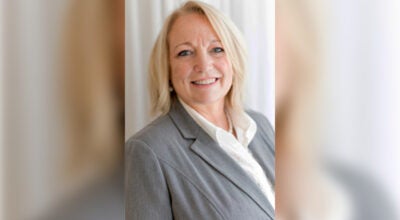City suspends online transaction fees
Published 10:27 pm Thursday, March 19, 2020
|
Getting your Trinity Audio player ready...
|
Suffolk has suspended convenience fees charged for online services through the city treasurer’s payment portal during the coronavirus pandemic.
The suspending of fees includes credit and debit card transactions, e-check and PayPal transactions, and is being done because City Hall is currently closed to the public. The changes are in effect until further notice.
Checks or money order payments can still be put into the payment drop boxes outside City Hall and the North Suffolk Library. Payments can also be mailed to the treasurer’s office at P.O. Box 1583, Suffolk, VA 23439, or made by phone at 1-866-791-4845.
Treasurer Ron Williams said the city, for now, would be absorbing the fees for the online portal while residents cannot go inside City Hall.
“This facilitates the city’s collection of taxes to provide the city with the cash flow it needs to pay its bills, and at the same time, makes it easier for citizens and businesses to pay their taxes,” Williams said.
He also wanted to let people know that while the public isn’t able to go inside City Hall, city staff are still at work. Williams said he was doing his normal work and processing mail, just without the normal walk-in traffic.
Williams also noted that for city restaurants who may have trouble being able to pay their meals tax on its due date Friday, his office would work with businesses on setting up a payment plan if necessary. Restaurants across the city and around the country have had to shut their doors to dine-in customers or limit the number of people coming in drastically. Many city restaurants are offering carryout, curbside or delivery options.
“We have a very compassionate collection policy,” Williams said. “We work with everyone who needs a little extra time. During these critical emergency times, we’re bending over backwards working with each person and business.”
He notes that the 6.5-percent meals tax in the city amounts to a trust tax, which the city collects on the 20th of every month. That collection, Williams noted, is for the previous month’s meals tax, and are not paid out of business profits.
Rather, businesses should be holding their meals tax money in a separate account, after it is paid by the customer, and then passing the amount to the city. Williams said the process mirrors what happens with the collection of the state sales tax.
“They’re acting in a fiduciary capacity on behalf of the treasurer,” Williams said. “They’re supposed to hold that money in trust. We advise them to keep it in a separate account. … Unfortunately, sometimes the restaurants will commingle the funds and will use them as part of their operating expenses, and they’re not supposed to.”





